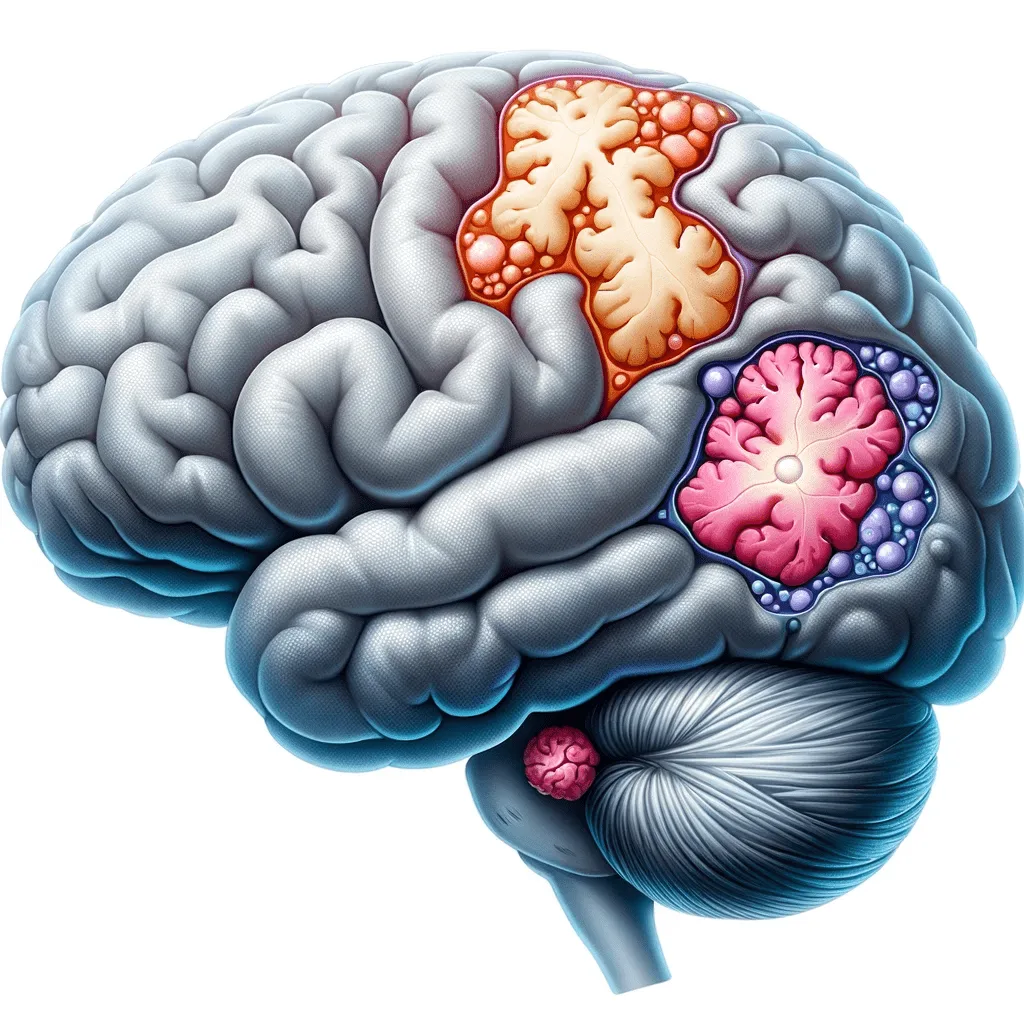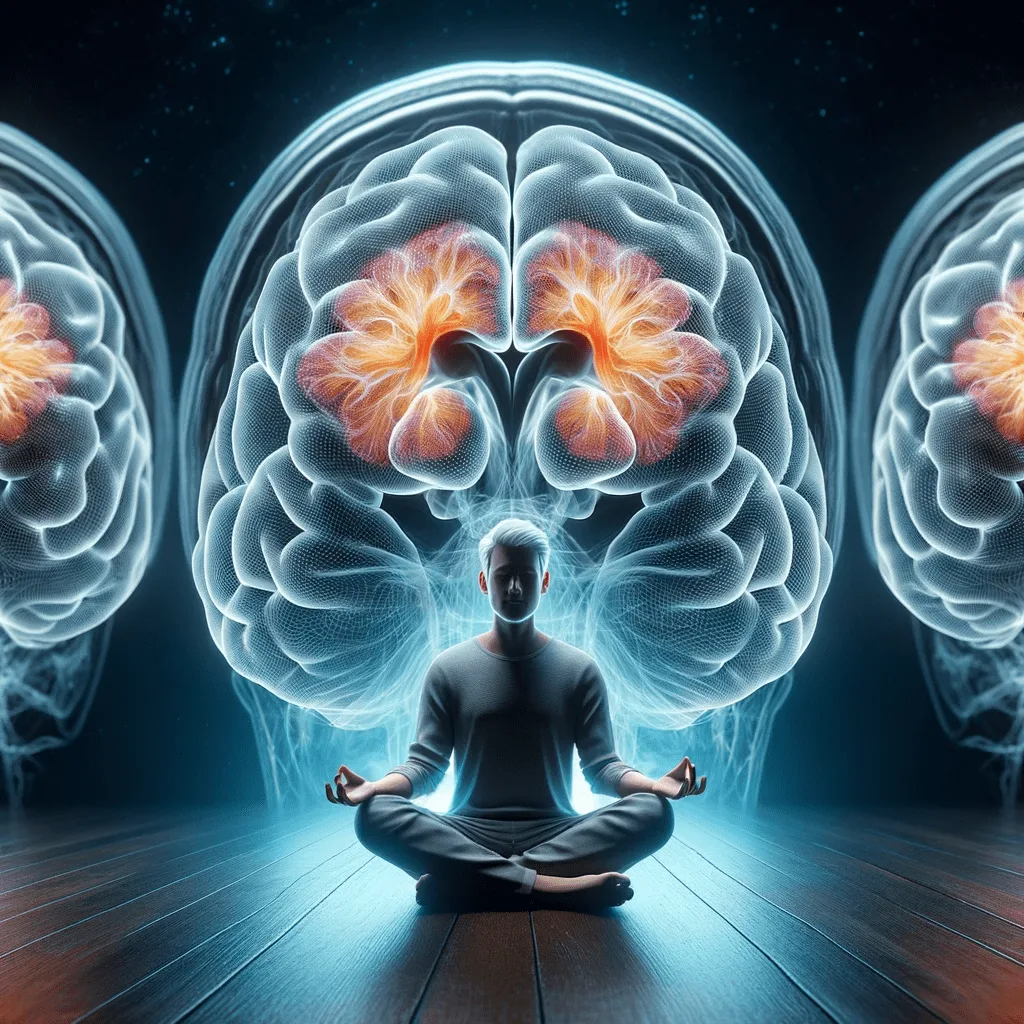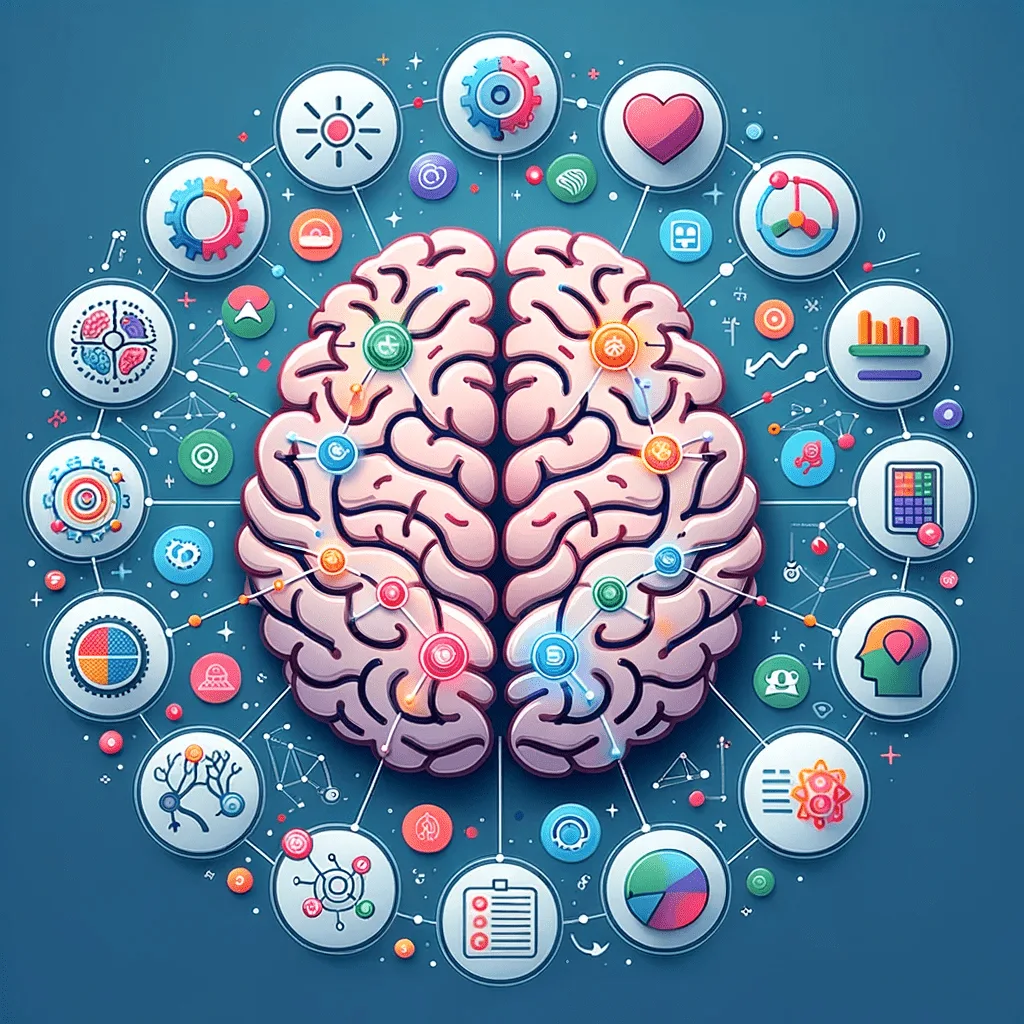
How Meditation Enhances Health
Meditation, once viewed as a spiritual practice exclusive to certain cultures, has now gained widespread recognition in the scientific community for its profound impact on health. Over the past few decades, numerous studies have delved into understanding the physiological and psychological effects of meditation.
article by Hina Kurosawa
Brain Structure & Functionality
- Enhanced Gray Matter: MRI scans of long-term meditators have shown an increase in gray matter density, particularly in areas related to memory, self-awareness, and compassion. This suggests that meditation might play a role in enhancing cognitive functions and emotional regulation.
- Stress Reduction: Meditation has been linked to a decrease in the size of the amygdala, a region of the brain associated with stress and anxiety. As the amygdala shrinks, the prefrontal cortex - responsible for decision-making, concentration, and awareness - becomes thicker, indicating improved cognitive functions.

Cardiovascular Health
- Blood Pressure Regulation: Regular meditation can lead to lower blood pressure by promoting relaxation, which helps the blood vessels to expand, facilitating better blood flow.
- Heart Rate Variability: Improved heart rate variability, an indicator of the heart's ability to respond to stress, has been observed in individuals who meditate regularly.

Immune System Boost
Studies have found that individuals who meditate exhibit a stronger immune response to vaccines compared to non-meditators. This suggests that meditation might strengthen the immune system, making it more efficient in warding off diseases.

Hormonal Balance & Stress Reduction
- Cortisol Levels: Chronic stress leads to elevated cortisol levels, which can disrupt sleep, increase blood pressure, and lower immune function. Meditation has been shown to reduce cortisol levels, thereby mitigating the adverse effects of stress.
- Endorphin Release: Meditation can stimulate the release of endorphins, the body's natural painkillers, leading to pain reduction and an overall sense of well-being.
Improved Sleep Patterns
Meditation practices, especially mindfulness and guided imagery, have proven effective in improving sleep quality and reducing insomnia. The relaxation induced by meditation helps in regulating the sleep cycle, ensuring deeper and more restorative sleep.

Aging & Cellular Health
Telomeres are the protective caps at the ends of our chromosomes. Their length is often considered a biological indicator of aging, with shorter telomeres being associated with various age-related diseases. Preliminary studies suggest that consistent meditation practices can help maintain telomere length, potentially slowing the aging process at a cellular level.
Enhanced Neuroplasticity
Neuroplasticity refers to the brain's ability to reorganize and adapt by forming new neural connections. This adaptability is crucial for learning new skills, recovering from injuries, and adapting to new situations. Meditation, especially mindfulness, has been found to enhance neuroplasticity, making the brain more resilient and adaptable. This not only aids in cognitive tasks but also helps in emotional regulation, allowing individuals to better cope with challenges and changes.

Aiding In Addiction Recovery
Meditation enhances the connectivity between the anterior cingulate cortex and the prefrontal cortex, regions associated with self-control. This increased connectivity can prove beneficial for individuals trying to overcome addictions by strengthening their willpower.
Embracing Science & Stillness
While the spiritual and mental benefits of meditation have been celebrated for centuries, modern science now offers empirical evidence of its myriad health advantages. From optimizing brain functions to enhancing the immune system, meditation emerges not just as a path to inner peace, but also as a potent tool for holistic health. As research continues to unfold, the convergence of ancient wisdom and contemporary science paints a compelling picture of the transformative power of stillness.
Published: 10/17/2023
Modified: 11/14/2023
More predictions
Come back here soon to learn more about yourself and your future


Meditation & Melodies: Finding Harmony In Stardom
At the height of her career, pop sensation Ava felt an overwhelming pressure from the limelight. The constant scrutiny and the demands of fame started taking a toll on her. But, much like the rhythm in her songs, she found a steady beat in astrology. Intrigued by tarot reading and the mysteries they held, she dove into the world of predictions. Yet, it was meditation that became her ultimate sanctuary.


Meditation's Role In Life Balance
In an ever-evolving world filled with commitments, responsibilities, and distractions, achieving a sense of balance often feels like an elusive goal. Many grapple with juggling professional demands, personal relationships, self-care, and passions. Meditation emerges as a beacon in this chaos, guiding individuals toward a centered and harmonious life.


Insights Into The Meditation Journey
Meditation, while rooted in ancient traditions, is deeply personal. Every individual's journey into the realm of mindfulness is unique, shaped by their experiences, challenges, and insights.